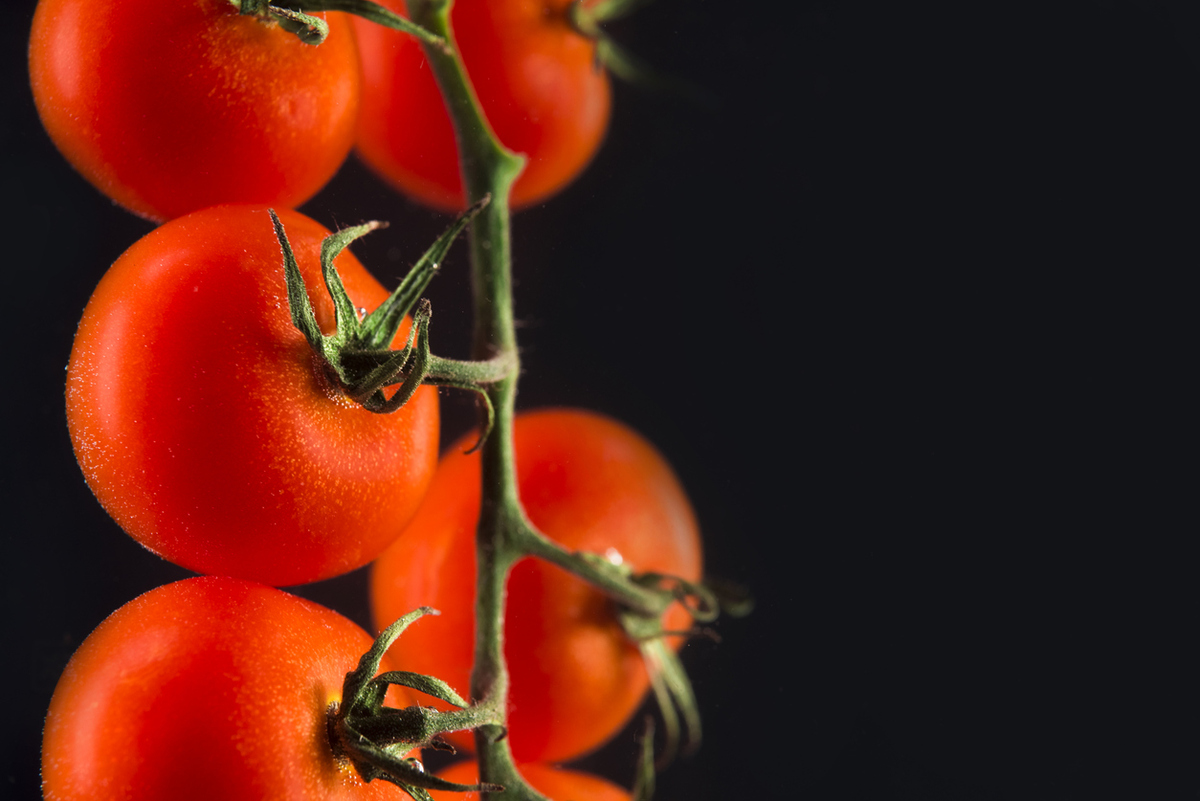
Bioengineers Propose Electro-Agriculture to Produce Food in the Dark and with 88% Less Land
November 6, 2024| |
Bioengineers from Washington University, the University of Delaware, and the University of California propose a new method called electro-agriculture (electro-ag) to boost the efficiency of photosynthesis with a solar-powered chemical reaction that efficiently converts carbon dioxide into acetate. The researchers say that adopting electro-ag could reduce US agricultural land usage by up to 88%.
Electro-ag uses renewable energy to convert carbon dioxide into acetate, which allows the heterotrophic growth of food crops. This method enables plants to receive energy directly from the acetate, making it more efficient than traditional photosynthesis. Through this process, electro-ag could achieve at least four-fold improvement in solar-to-food efficiency compared to traditional farming.
This transformative approach minimizes the use of land, which could free nearly half of the country's land for ecosystem restoration and natural carbon sequestration. Electro-ag could also operate in extreme environments, including deserts, cities, and even on Mars, where growing food is difficult. Researchers also say that electro-ag could also help avoid food price hikes and promote sustainable and equitable food systems.
For more information, read the article from Joule.
| |
You might also like:
- Artificial Photosynthesis Produces Food without Sunshine
- Experts Develop Tiny Tomatoes for Astronauts to Grow in Space
- Chemists Create Artificial Photosynthesis 10 Times More Efficient than Existing Systems
Biotech Updates is a weekly newsletter of ISAAA, a not-for-profit organization. It is distributed for free to over 22,000 subscribers worldwide to inform them about the key developments in biosciences, especially in biotechnology. Your support will help us in our mission to feed the world with knowledge. You can help by donating as little as $10.
-
See more articles:
-
Plant
- Bioengineers Propose Electro-Agriculture to Produce Food in the Dark and with 88% Less Land
- EFSA GMO Panel Releases Statement on the Assessment of GM Soybean MON 87705 × MON 87708 × MON 89788
- APHIS Issues Regulatory Status Reviews of GM Corn, Almond, and Tomato
- PhilRice Calls for Reversal of Court Decision on Golden Rice
- European Commission Authorizes Four GE Crops for Import
- Researchers Reveal Novel Genetic Basis of Pest Resistance to Biotech Crops
-
Food
- NUS Scientists Produce Lab-Grown Pork with Red Sorghum Grain
-
Environment
- FAO Highlights Role of Genetic Revolution in Addressing Food Security
-
Read the latest: - Biotech Updates (February 11, 2026)
- Gene Editing Supplement (January 28, 2026)
- Gene Drive Supplement (February 22, 2023)
-
Subscribe to BU: - Share
- Tweet

